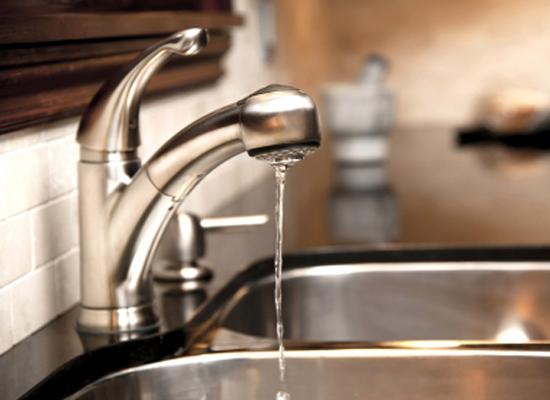Male Supplements
Get Cutting Edge Herbal Supplements for Men
No Subscriptions - No Monthly Billing - Buy What You Need When You Need It!
Activate 15% Discount
Nocturia - Causes and Treatments Nocturnal Polyuria
Nocturia, which is otherwise known as nocturnal polyuria, is a medical term used to describe excessive urination at night. During sleep, the human body typically produces less urine, which becomes more concentrated as a result. This conserves time, and most people do not need to later wake up at night to urinate, resulting in uninterrupted sleep until morning.
However, those who suffer from nocturia may need to wake up a few times a night in order to use the bathroom. Individuals who suffer from excessive urination during the night may need to talk to a doctor.
The Cause of Nocturia
Causes for the condition may range from things such as lifestyle choices to pre-existing medical conditions. This problem is more common among older adults, though studies show that it can occur to anybody at any age. There are numerous medical conditions linked to nocturia, which indicates that nocturia may sometimes be a part of a larger problem. Urinary tract infections and bladder infections may both lead to nocturia, though these infections also have other symptoms, such as burning sensations and the urgent need to urinate throughout the night and day.
Treatments in these cases are usually simple and require antibiotics. Some other medical conditions include bladder prolapses, diabetes, anxiety, kidney infections, cord compression, or general organ failure. Speaking to a doctor can be a good way to rule out potential issues and get the nocturia under control.
Other things such as sleep apnea and pregnancy may also lead to urinating more frequently at night. However, once these conditions are under control or pass, then the nocturia typically goes away. Sometimes taking different medications may also lead to nocturia, especially in diuretics. If the side effects become more severe, it is critical to see a doctor as soon as possible, especially in the case of uncontrolled urination.
General Treatments
Treatments for nocturia are often direct, and if the condition is caused by a medication, switching to another drug may help. If it is unavoidable, taking the drug early in the day may also help. Some common treatments for the condition by itself include medications, which include anticholinergic drugs or desmopressin. These drugs are designed to reduce the activity in an overactive bladder. If there is an underlying condition leading to the nocturia, treating the original condition can often be enough to cure the nocturia as well. Consulting with a medical professional is the best way to determine causes and reduce concerns.
- Do Supplements Like Glucosamine and Chondroitin Help Knee Pain and Arthritis?
- Chinese Herbal Supplements Horny Goat Weed Epimedium
- Polyphenols Key to Green Tea's Rich in Antioxidants
- Chondroitin and Glucosamine Osteoarthritis
- Why is my Sexual Desire Decreasing with Age?
- Boost Your Sex Drive with this Invaluable Guide
Click to see more articles from Mark
